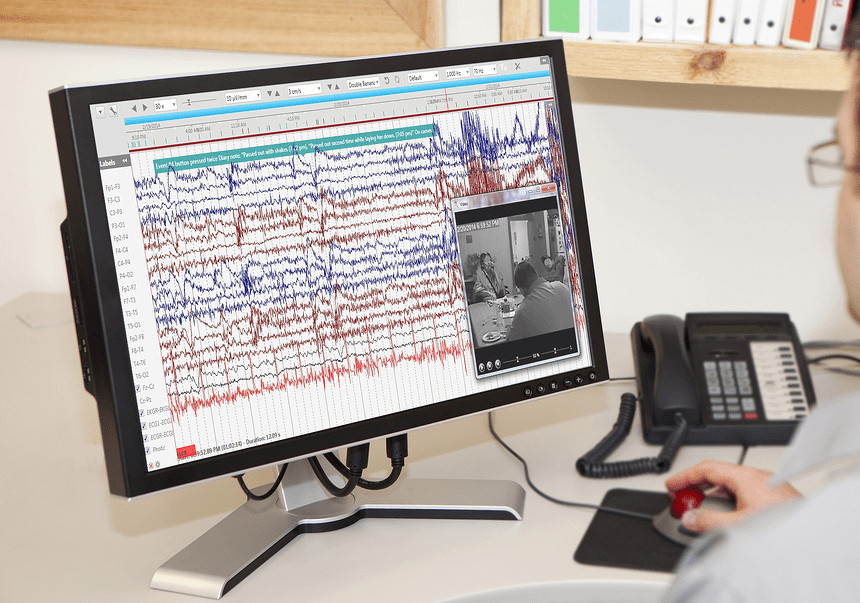Listening is influential in two-way communication for exams like IELTS, OET, USMLE or PLAB. There is a whole subtest of Listening in OET and IELTS.
Some points have been gathered that have been tested and trusted by expert professionals to improve your English Listening Skills.
» You should practise listening to English delivered at natural speed in various voices and contexts. Learners who do this regularly are more confident at extracting critical information and gist meaning, even when they cannot decode every word or phrase. Ensure you are exposed to speakers of different ages and backgrounds and the language of different contexts (e.g., informal discussions, formal lectures).
» Although it is helpful to practise exam techniques using exam materials and course books, you should also use real-life sources to develop your listening skills. You can find a variety of authentic sources for free on the internet, particularly in the form of training videos and professional development talks.
» Practise dealing with listening texts in a variety of ways. For example, you can listen to a text once for the gist and produce a summary of the main ideas or attitudes expressed by the speakers. You can then listen to the reader a second time to retrieve specific information or focus on helpful language.
» At a high level in OET Listening, it is not enough to be able to pick out particular words or specific details. You need to understand the overall meaning of what the speakers are saying. It is vital to practise following a speaker’s line of argument and identifying their opinion or attitude.






